Be part of building knowledge for a brighter future for those with Angelman Syndrome
For Professionals & Researchers
For Caregivers
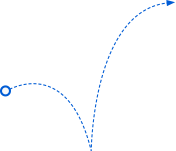
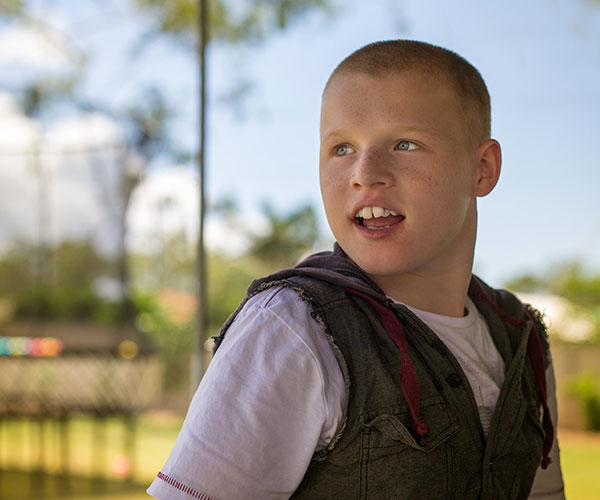

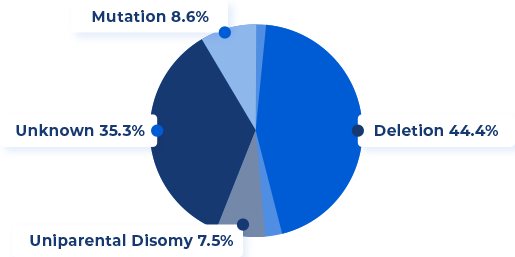

Sadly, we don’t know exactly how many individuals are undiagnosed worldwide.
Children and adults with AS typically have impaired motor and balance, and debilitating seizures. There are a range of other symptoms and behavioural traits, which can differ case by case.
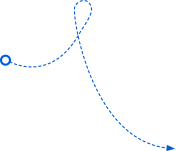
Our goal is to centralise information and assist with the need for a significant set of global data on individuals diagnosed with Angelman syndrome.


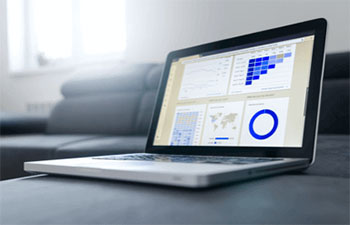

Our goal is to make data accessible for anyone with an interest in furthering understanding into Angelman syndrome: either for research or care management and for those developing and testing therapeutics to treat symptoms in the disorder.
The ultimate beneficiaries for this project are individuals diagnosed with Angelman syndrome.






Throughout the data collection process, we collect data on the individual’s newborn, infancy, and diagnostic history, hospitalisations and surgical procedures, epilepsy, medications, therapies, communication, sleep and more.

To have a meaningful understanding of Angelman syndrome, we need data about many, many individuals with Angelman syndrome. AS is a variable condition, and each individual is unique. Consequently, each and every parent and caregiver has valuable information to contribute.
To collect this information, we need to hear from you. This project is a community collaboration to be used to improve the lives of all who have been diagnosed or are yet to be diagnosed with Angelman syndrome.








The Benefits of an Open-Source Registry for Rare Diseases
Research protocol: The initiation, design and establishment of the Global Angelman Syndrome Registry
A web-based, patient driven registry for Angelman syndrome: the global Angelman syndrome registry
For Professionals & Researchers
For Caregivers
The Global Angelman Syndrome Registry is a project designed for individuals diagnosed with Angelman syndrome and those working towards research and treatments.


Select your desired option below to share a direct link to this page